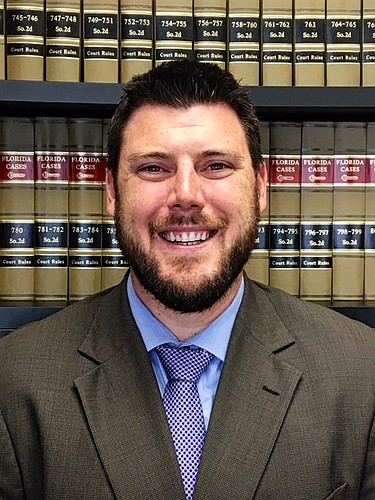
The complex question of whether city funding should be allocated for more police officers or after-school and preventive programs can be reduced to a simple analogy: Do you want to treat the symptoms of a disease, or cure it? You can spray as much Chloraseptic as you want on a strep throat but, unless you use antibiotics, you’re not actually curing the infection.
Juveniles are a significant percentage of those committing violent crime. After-school programs have been empirically shown to reduce violent crime by a substantial amount.
Certain programs have had success rates of reducing violent crime among youth enrollees as much as 44 percent. As an added bonus, they improve enrollees’ future opportunities. Participants commonly see an increase in GPA and standardized test scores.
From a purely economic standpoint, these programs pay for themselves. Any time a crime is committed, there is an economic cost associated. The cost of law enforcement arresting a suspect, of state lawyers to prosecute and defend, of courts to give due process and of incarceration all add up quickly. These combined expenses can be avoided by preventing crime before it happens.
As a practical tool, after-school programs provide a controlled environment for enrollees that would commonly be completely without supervision otherwise. Additionally, children in these programs will have access to mentors, a secure space to interact with their peers, and through this a stronger bond with their community.
By dissuading young people from committing crimes to begin with, we not only reduce the number of violent crimes, but also the long-term impact of someone entering the criminal justice system. The criminal justice system does not rehabilitate offenders, but instead sets many on a lifetime path of criminal activity, all at a cost to the taxpayers.
An argument against increased police presence is not one that condemns police, the difficult job they do, and risks they take on behalf of our community. The men and women of the Jacksonville Sheriff’s Office work hard to protect all of us.
It is possible an increase in police presence will have a short-term deterrent effect on violent crime in the areas where they are deployed. Despite this, important questions remain: What level of impact will they have? What are we giving up by implementing this strategy?
Mayor Lenny Curry has asked for 100 more police officers to address violent crime. The current sworn force of the Jacksonville Sheriff’s Office is approximately 1,600 officers. The new officers represent an increase of 6 percent. It is doubtful such a minor increase in the police force will have a dramatic impact on violent crime.
While it is unlikely someone will commit a violent crime in an officer’s presence, it is equally true police cannot be everywhere at all times, even with 100 new officers. Law enforcement is most effective in diligently pursuing those after the crime has been committed.
What impact additional law enforcement will have is unclear, especially given the small increase in proportion to the total force.
However, what is clear is that the resources of Jacksonville are not unlimited and a difficult choice has to be made.
Law enforcement will work diligently to catch those who commit violent crimes and will deter those in their immediate vicinity from committing them. Unfortunately, increased law enforcement presence does not address the lack of opportunities and inadequate support that contributes to young offenders committing violent crime.
After-school programs will prevent the problem of violent crime before it begins, reducing crime and providing opportunity to the young people of Jacksonville. This is an investment in our future as a city “treats” the cause of violent crime and not just the symptoms. A path that has a long-term economic benefit and addresses the cause of crime at the same time becomes an easy choice.
John Kessenich is an associate at Epstein & Robbins, practicing criminal defense, including DUIs and appeals.